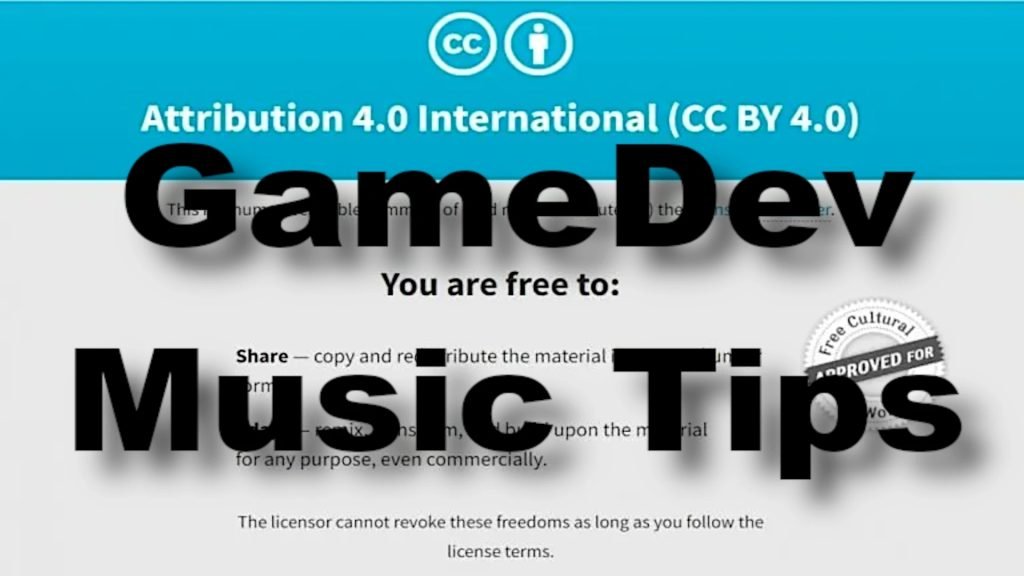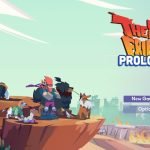When I went to learn what was involved in making my visual novel, this surprisingly was not so simple. Do not get me wrong, I’m here to give you the goods, but when it comes to music, graphics, or anything really, the way copyright protection works is stern yet often confusing. So, let me get you going here. Don’t fret–or do! I’m here to tell you that things are not hopeless. More specifically: how to obtain copyright-free music.
So, let me paint the picture: copyrights. Yes, “copyrights.” Copyright is the law that protects the intellectual property of artists, writers, and creators. If you ever have a very specific question about copyright, Google is really your friend. I’m not telling you to “google it” and sign off or anything, but the details are too vast for this one resource. So, I will try to sum it up the best I can.
Here’s the truth: almost every song you have ever listened to, especially on the radio, is copy-written, meaning you can’t use it without paying for it. And no, the ten-second rule thing is not a real thing, although it is funny when Conan mentions it sometimes. To go further, you would have to pay quite a bit of coin for any music that’s remotely popular.
So, if you’re working on a game, a visual novel, a video, or some indie project that has a low budget, scrap any plans that involve epic montages including popular songs. Let me help you find some other, equally valuable resources for adding a track to your project.
Looking for deals on video games & accessories?
Go to Mr. Dave's Video Game Shop on eBay!
One side note: If you do have something for a budget, there are actually many independent music soundtrack composers who will give you a track or more for your game. Many advertise on Twitter and Instagram, so try making a post on your Twitter soliciting potential composers, they are out there and often come with recommendations!
Anyway, so let’s get back to the free music on 101.7 The KOOL BEANS.
The Easiest Way
So, the very easiest way to source copyright-free music is kind of obvious, but maybe not at first, and not even necessarily the easiest. That way is: *make it yourself.* If you were like me, in a family that encourages hobbies and skills, you may have been part of a school band or even a real band, taken guitar lessons, or whatever.
I haven’t played piano in years, but I could probably throw something together if I brute-force it. There are so many programs and web pages that allow you to generate music yourself with a mouse and keyboard. Record it, loop it, overlap it. Or if you really do have musical talent, use that first!
This method can be a nice boost to your budget, but also a good way to put your personal touch on the project. You don’t have to be the best musician in the world, just have some time and an idea of what you want the music to sound like.
I am definitely not a music theory expert by any means, but I know a thing or two about music. For example, have you been introduced to the intriguing musical genre called “chiptune?” It’s a style of music that uses low-bit electronic scores based on the hardware limitations of old consoles and Arcade cabinets of times yore. It also sounds pretty cool.
Here are a bazillion free, creative commons, and/or at least flexible licensed chiptune songs for your project: https://freemusicarchive.org/genre/Chiptune You’re welcome. Oh, and there are many other genres of music throughout this website with the same types of licenses; do make sure the license permits whatever you intend first though, especially if for commercial use.
Free Historical Music for Your Project
So, this one is kind of inconsistent, but not a bad option. Many songs, that is, in the US, have reached what’s known as the copyright limit. Last I checked, this is around 75 years or so, depending on the status of the composer. You can find some cool stuff here on sites like archive.org. I’m an occasional fan of jazz music from around this era. This is how I’ve discovered that a lot of original recordings can be found online.
You have to be careful, however. Just because a song is old, doesn’t mean you can use any recording of it. The reason we can listen to classical composers like Beethoven and Mozart is that a contemporary orchestra recorded it–recording methods didn’t even exist in their time! In that case, the copyright belongs to the or whichever record company records and sells it. This seems really lucrative when you think about it, although you might find a copyright-free recording out there, so consider it.
The only other caveat to this I know is the weird copyright status of wax cylinders. Copies are rare, and a lot of the recordings are owned by universities and researchers. In theory, however, you could obtain an old recorded wax cylinder from eBay or someplace like that. Then playback and upload a recording yourself. In this case, I think it’s probable you could use your own recording. I know, this is totally crazy, but it is amusing to think about.
Here’s a list of resources for copyright-free music. You will have to explore what works best for you, but there are lots of resources available!
- “Free Music Archive” https://freemusicarchive.org
- “Internet Archive https://archive.org
- “Copyright-Free Music YouTube Channel” https://www.youtube.com/channel/UCQsBfyc5eOobgCzeY8bBzFg
- “The Best Free Music for Mobile Games” https://blog.felgo.com/game-resources/free-music-for-games
Thanks for Stopping By
Thanks so much for reading Mr. Dave Pizza. I wish you luck in your creative endeavors, and I will do my best to continue providing helpful information. If you like what you’ve seen here, please have a look around and stop back again. Thanks so much for stopping by.



